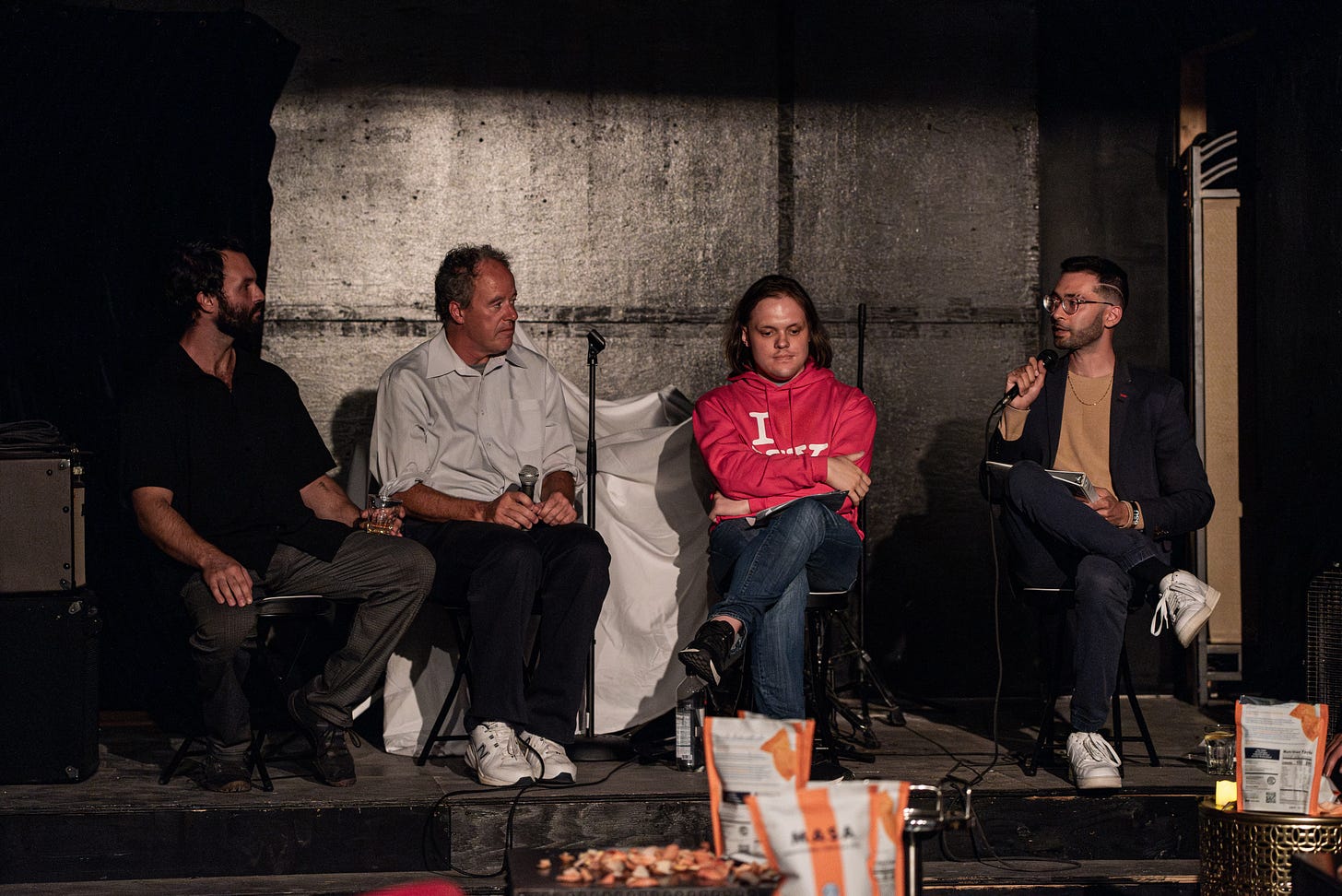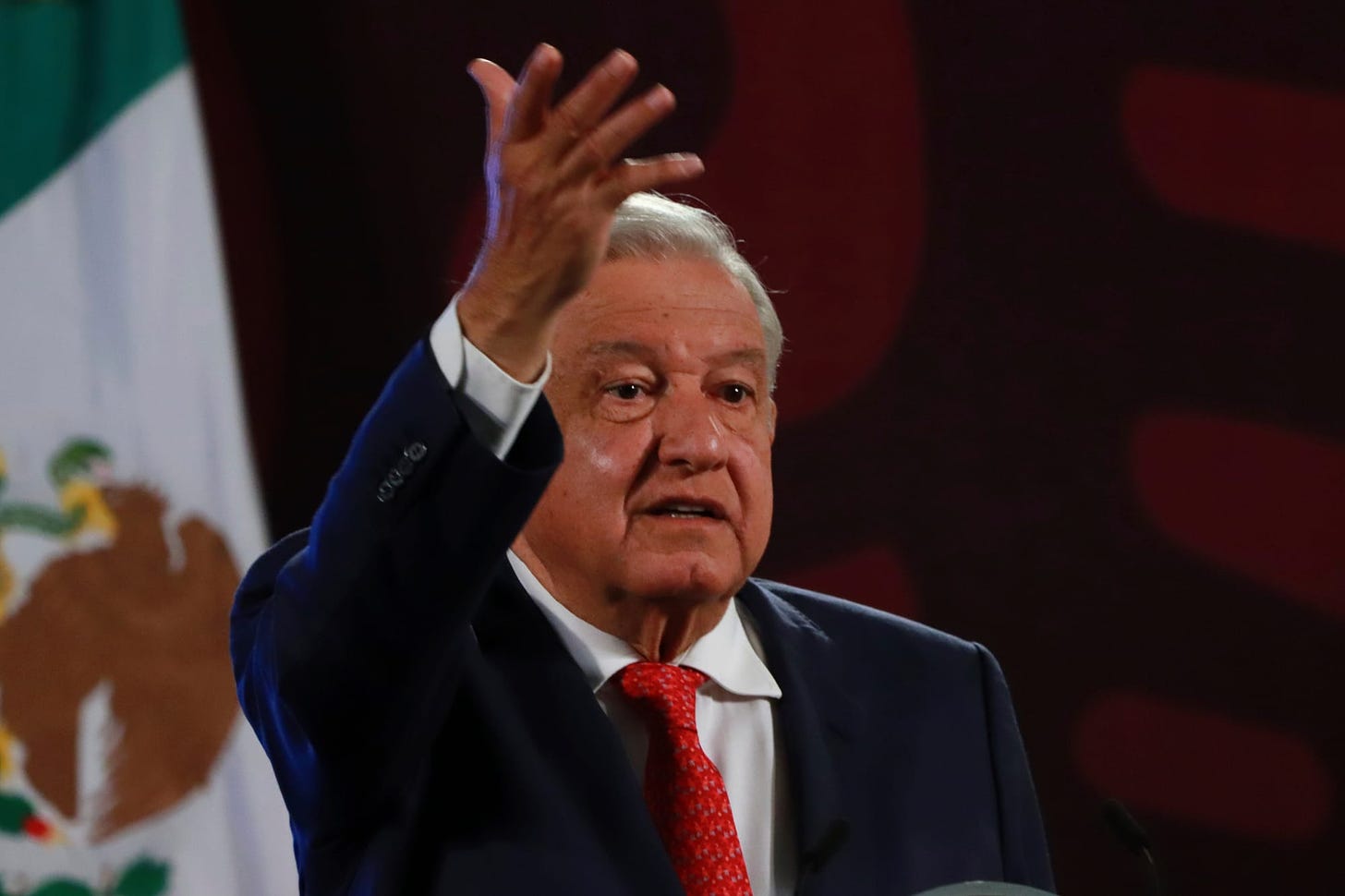It’s easy to write off those who back neither the Democratic or Republican presidential nominees as self-indulgent idealists or just lazy. Yet the Teamsters’s recent decision not to endorse is a testament to the contrary: Abstention can be just as, if not more, powerful of a means to advocate for a particular cause.
As Teamsters President Sean O’Brien told Compact co-founding editor Sohrab Ahmari, his commitment to the rights of workers transcends partisan politics—thus his willingness to engage with politicians of all stripes who are willing to work with him to defend labor. Along similar lines, I had the chance to interview Amazon Labor Union founder Christian Smalls for Compact. The ALU recently joined forces with the Teamsters. Smalls, like O’Brien, is committed “to cutting across partisan lines to prioritize the needs of workers.”
He told me that the ALU speaks “to all parties and all constituents. I organize in Staten Island, which is the only red borough out of the five. I can’t go over there and say, ‘I only support people on the left.’ To keep it worker-led, we need to ask what needs to be done to improve all workers’ quality of life.”
Perhaps the context in which hard-lined partisanship is least appropriate—and most poisonous—is the classroom. Last night in a KGB Bar discussion panel I hosted on the future of academe, Hamilton Craig, K.C. Johnson, and Jonah Howell discussed—among several other issues—the extent to which ideology has overtaken too many professors, whose mission should be to maintain an ethos of neutrality and objectivity when teaching.
Listen to the Compact editors discuss the Teamsters, as well as the second assassination attempt on Trump and Hezbollah’s phone bombings in Lebanon, on this week’s podcast.
This week in Compact
Many seem to ignore that “the most surreal aspect of American political life today is that it unfolds under the looming shadow of war with a nuclear Russia,” warned Sohrab Ahmari, suggesting that J.D. Vance—who recently presented a peace plan to bring an end to the Ukraine conflict—“deserves praise for refusing to ignore this existential possibility.”
Recent judicial reforms in Mexico have garnered both outgoing President Antonio Manuel Lopez Obrador and his successor, Claudia Sheinbaum, comparisons with authoritarian dictators of other Latin American countries who have posed serious threats to democracy. But Juan David Rojas insisted that AMLO and his Morena party “differ markedly from those of…other Latin American authoritarians of the recent past.”
In light of Tucker Carlson’s recent interview with Darryl Cooper, Nathan Pinkoski took on the fading mythology surrounding Winston Churchill, which he asserts “can’t last, because the geopolitical order with which he has been chiefly identified is coming apart.”
Sam Kahn highlighted the revolutionary role platforms like Substack are playing in “in a much more harmonious and organic relationship to the internet than did legacy media”—a reality to which “traditional media … would prefer to close their eyes.”
Geoff Shullenberger commented that it is fitting that the two latest English translations of Marx’s Capital “were conceived at a moment of left resurgence but appeared at a moment of left retreat.” Of the most recent translation, published this week by Princeton University Press, Shullenberger suggested that “editorial team’s explicit goal of bringing the text in line with au courant scholarship will also help make Marx palatable for progressives more interested in identity and ecology than class—a clear majority today.”
In a review of Charles Taylor’s latest book Cosmic Connections: Poetry in the Age of Disenchantment, Matt McManus challenges the trending right-wing reactionary call to—in the face of modern disenchantment—“RETVRN” to pre-modern ideals. On the contrary, Taylor posits that one potential explanation for the “widespread sense of alienation in today’s societies is precisely that modern ethics demands we do so much more for all people, which leads many to rightly feel that we aren’t living up to our own states’ ideals.”
Reading up on reality
While planning last night’s discussion, Hamilton Craig mentioned Jordan Castro’s Compact essay on professors who can’t seem to finish a sentence without asking, “right?”—which he deems to be indicative of their desperate need for approval and fear of being written off as contrarian, or worse, “problematic.”
As a professor, it’s tempting to want to use my position in the classroom to impose my personal opinions on students, or to say all the “right” things in order to gratify my craving for affirmation. But aside from this being unprofessional and completely cringe, it’s also a sure fire way to kill the spirit in the classroom. It’s much more interesting to engage the nuances of a given text or concept objectively together with students, to afford them the tools to make critical judgments of their own, and to facilitate discussions that welcome clashing ideas.
The topic of challenging commonly-accepted narratives and shaking up the status quo came up while reading Plato’s Allegory of the Cave in class this week, after which we watched Peter Weir’s 1998 film The Truman Show. I found numerous parallels between the film and David Shields’s book Reality Hunger, which I’ve been reading on my own time after listening to Shield’s appearance on Compact’s Blame Theory podcast. Shields explores the matter of reality-curation—with incredible wit and insight—in our age of mass media. I can’t help but proclaim, “this is a really groundbreaking book, right?”




